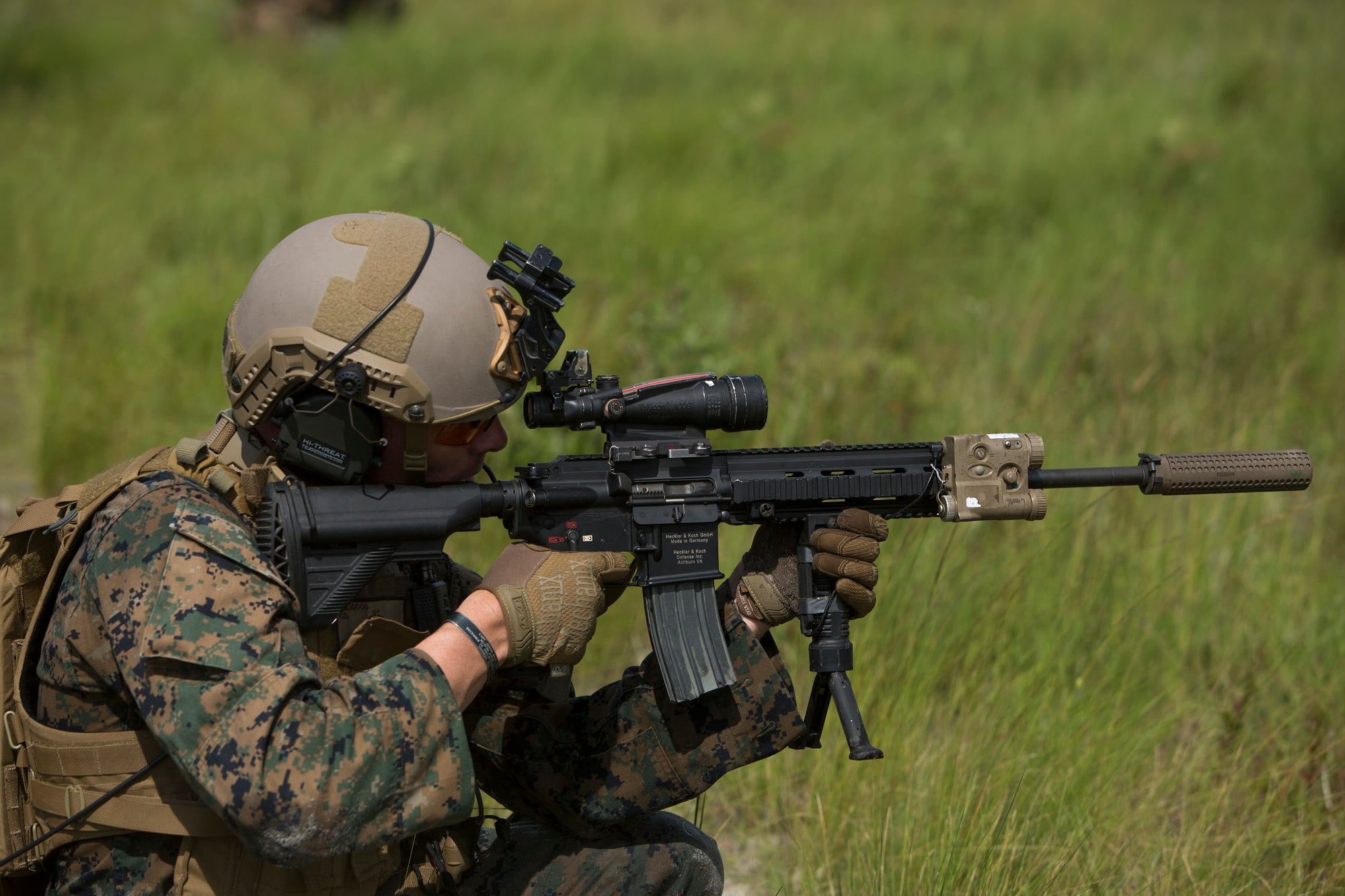The Commandant of the Marine Corps Gen. Robert B. Neller’s tenure as the top Marine is ending in 2019.
In his final yearly message to the Corps Neller urged Marines to “continue the attack.”
The 37th commandant has spent the past few years modernizing the Corps and overhauling its combat power by retiring aging legacy aircraft and vehicles with newer systems in preparation for a fight with a more sophisticated adversary.
In his fourth and last message to the Corps, the commandant called on the Marine Corps to continue its path to modernize and build a smarter, more lethal Corps.
“This year, I call on all of us to continue the attack – to advance on multiple lines of effort in preparation for future conflicts,” Neller’s message reads.
“We are in a fast-paced, exciting time in our Corps’ history as we create additional specialties to fight in new domains, modernize our aging equipment, up our game in training against thinking foes, continue to take the fight to our Nation’s adversaries, and prepare for the unknowns of the future fight."
The Corps already has made significant strides in modernization, like revamping the infantry squad by dishing out new tech, automatic weapons, night vision and shoulder fired rocket systems.
RELATED

Neller also plans to experiment with a 15-man rifle squad configuration on an upcoming Marine Expeditionary Unit, or MEU, deployment.
The new larger rifle squad configurations may help Marines absorb new technologies like drones and tablet computers while boosting battlefield situational awareness.
The Corps also is bringing in new advanced aircraft and vehicles like the stealth F-35 and new eight-wheeled amphibious combat vehicle, or ACV, while it retires aging platforms like the F/A-18 Hornets and the tracked assault amphibious vehicle.
The F-35 already is deploying aboard amphibious assault ships with MEUs, and it even carried out combat strikes against targets in Afghanistan.
The Corps is expected to take delivery of the BAE’s ACV in 2019.
But while the Corps is moving fast to modernize, there’s still a lot to be done to overhaul a force that has been stuck in the quagmire of counterinsurgency conflicts for the past 18 years.
“Our legacy of fighting and winning is not attached to any piece of equipment, but to our creativity and resolve to defeat our enemies,” Neller’s message reads. “We cannot afford to carry the burden of outdated or obsolete capabilities, or expend readiness on low-priority commitments.”
Neller’s remarks also called on the Corps to push serious cultural changes that have impacted the Corps’ image in the eyes of the public and conduct that Neller says will prevent the Marines from “going to the next level.”
“Behaviors such as drunkenness, sexual assault, sexual harassment, inappropriate conduct on social media, hazing, recklessness, and general lack of discipline do nothing to help our readiness,” Neller’s message reads.
“The relationship between alcohol and destructive behavior cannot be denied or ignored. We have to change our views of alcohol and have adult conversations with our Marines about drinking responsibly,” the message stated.
Neller’s message also calls for Marines suffering with mental health issues or those contemplating suicide to seek help, speak up, and that the Corps is growing programs to tackle the problem. The top Marine’s message is that the Corps will be there when help is asked for.
“The battlefield is a competition that does not reward runner up teams...we cannot just show up and expect to win. This means we must train hard, smart, and efficiently, and never have a day go by when we are not seeking to be more ready, more lethal, and more capable."
Shawn Snow is the senior reporter for Marine Corps Times and a Marine Corps veteran.




